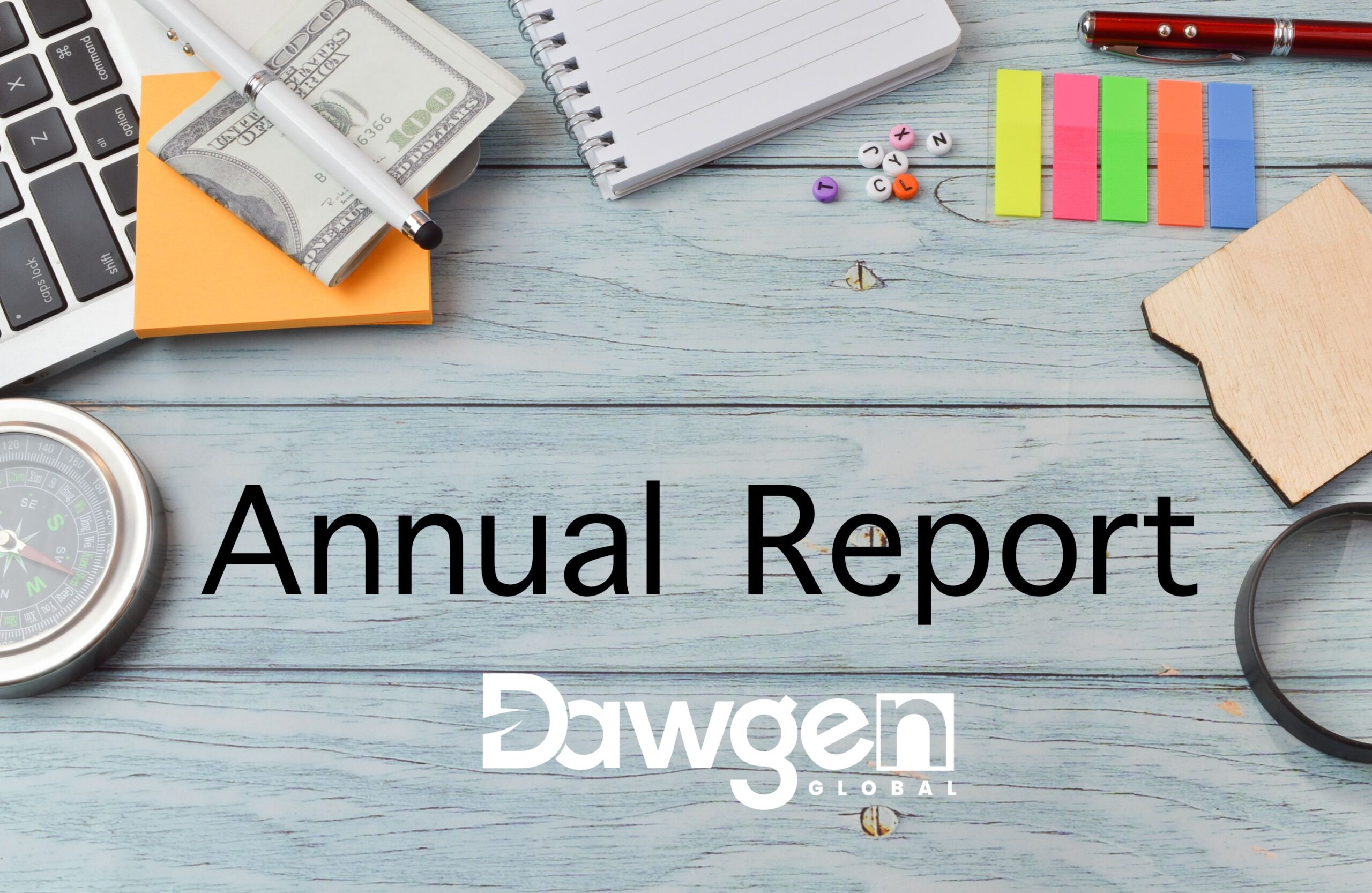 In the age of artificial intelligence, real-time data, and automation, traditional PDF financial statements—while visually clear—are no longer sufficient. Investors, regulators, and financial analysts need information that is not only readable but also computable. That’s where IFRS digital taxonomies come in.
In the age of artificial intelligence, real-time data, and automation, traditional PDF financial statements—while visually clear—are no longer sufficient. Investors, regulators, and financial analysts need information that is not only readable but also computable. That’s where IFRS digital taxonomies come in.
These taxonomies—developed to complement the International Financial Reporting Standards (IFRS)—are enabling a global shift from static financial reporting to dynamic, intelligent reporting. By embedding structured, standardized data into financial disclosures, companies can vastly enhance the comparability, efficiency, and strategic value of their reporting.
This article explores how IFRS digital taxonomies are transforming global financial communications and why forward-thinking organizations are moving beyond PDFs.
What Are IFRS Digital Taxonomies?
At their core, IFRS digital taxonomies are machine-readable dictionaries of accounting and sustainability terms derived from IFRS Standards. These taxonomies allow each item in a company’s financial report to be tagged using a consistent label, ensuring that terms like “Profit for the Year” and “Net Earnings” are understood as the same concept—even if phrased differently.
🧩 The Two Primary IFRS Taxonomies:
-
IFRS Accounting Taxonomy: Covers elements in financial statements prepared under IFRS, including income, assets, equity, and cash flow items.
-
IFRS Sustainability Disclosure Taxonomy (forthcoming): Structures environmental, social, and governance (ESG) data in alignment with IFRS Sustainability Disclosure Standards, including Scope 1–3 emissions, climate risk, and governance metrics.
Why Static PDFs Are No Longer Enough
PDFs are designed for human readability but not machine interpretation. Key challenges include:
-
❌ Limited searchability and extraction capabilities
-
❌ Inconsistent terminology across companies and jurisdictions
-
❌ Incompatibility with AI, analytics tools, and real-time dashboards
By contrast, financial reports using XBRL or iXBRL tagging based on IFRS taxonomies allow machines to instantly understand, aggregate, and analyze financial data across companies, sectors, and countries.
Key Benefits of Using IFRS Digital Taxonomies
🔹 1. Global Comparability
By tagging data using a universal taxonomy, companies ensure their disclosures are comparable regardless of language, structure, or format.
🧠 Example: Company A reports “Profit after tax” and Company B reports “Net earnings.” With taxonomy tagging (ifrs-full:ProfitLoss), both are understood as the same metric—allowing apples-to-apples comparison.
🔹 2. Increased Efficiency
Tagging financial statements enables:
-
Faster data processing by investors and regulators
-
Automated compliance checks
-
Reduced duplication across regulatory filings
-
Real-time integration into financial models and dashboards
📊 Example: Analysts can extract tagged earnings per share (EPS) data for dozens of companies into Excel via APIs—no manual rekeying required.
🔹 3. Enhanced Decision-Making
Decision-makers gain access to structured, validated data that can be filtered, benchmarked, and visualized more effectively.
🌍 Example: Sustainability disclosures on Scope 1 GHG emissions, when tagged (ifrs-sds:AbsoluteGrossScope1GHGEmissions), allow investors to assess environmental risk exposure across entire industries or portfolios.
🔹 4. AI and Automation Enablement
Structured reports create a foundation for AI tools that conduct:
-
Sentiment analysis
-
Risk scoring
-
Trend forecasting
-
Automated peer benchmarking
🧠 Without digital taxonomies, AI must “guess” the meaning of terms—resulting in unreliable output. With taxonomies, AI models are grounded in clean, standardized inputs.
Real-World Applications Across Jurisdictions
-
United States: Public companies use the IFRS Taxonomy or US GAAP Taxonomy when filing with the SEC via iXBRL.
-
European Union: ESEF requires IFRS taxonomy tagging in iXBRL for IFRS-consolidated financials.
-
South Africa & Korea: National regulators mandate the use of IFRS-based taxonomies for financial and sustainability reports.
-
Global Investors: Platforms like EDGAR, XBRL International, and upcoming European Single Access Point (ESAP) aggregate tagged reports for real-time access.
Why Caribbean Companies Should Embrace IFRS Digital Taxonomies
For companies and regulators in the Caribbean, adopting IFRS digital taxonomies presents a strategic opportunity to:
-
Align with international standards
-
Increase access to foreign capital
-
Reduce information asymmetry
-
Support regional integration through consistent reporting
At Dawgen Global, we advocate for and assist Caribbean firms in transitioning from PDF-based reports to digitally structured financial communications that meet global expectations.
Getting Started with Digital Taxonomies
Implementing IFRS digital taxonomies involves:
-
📝 Preparing IFRS-compliant financial reports
-
🏷️ Applying taxonomy tags using XBRL or iXBRL-compatible software
-
✅ Validating tags for accuracy and regulatory alignment
-
📤 Publishing or submitting reports via platforms or repositories
Need assistance? Dawgen Global offers full-spectrum support—from readiness assessments to tagging services and assurance engagements.
Conclusion: Unlocking the Power of Intelligent Reporting
Digital taxonomies aren’t just a technical enhancement—they represent a fundamental shift in how financial information is understood and used. As global markets demand greater transparency, speed, and analytical depth, companies that move beyond PDFs toward structured, taxonomy-driven reporting will gain a decisive edge.
📧 Let’s Digitize Your Reporting Future
At Dawgen Global, we help you implement IFRS digital taxonomies with precision and purpose.
Next Step!
“Embrace BIG FIRM capabilities without the big firm price at Dawgen Global, your committed partner in carving a pathway to continual progress in the vibrant Caribbean region. Our integrated, multidisciplinary approach is finely tuned to address the unique intricacies and lucrative prospects that the region has to offer. Offering a rich array of services, including audit, accounting, tax, IT, HR, risk management, and more, we facilitate smarter and more effective decisions that set the stage for unprecedented triumphs. Let’s collaborate and craft a future where every decision is a steppingstone to greater success. Reach out to explore a partnership that promises not just growth but a future beaming with opportunities and achievements.
✉️ Email: [email protected] 🌐 Visit: Dawgen Global Website
📞 Caribbean Office: +1876-6655926 / 876-9293670/876-9265210 📲 WhatsApp Global: +1 876 5544445
📞 USA Office: 855-354-2447
Join hands with Dawgen Global. Together, let’s venture into a future brimming with opportunities and achievements

